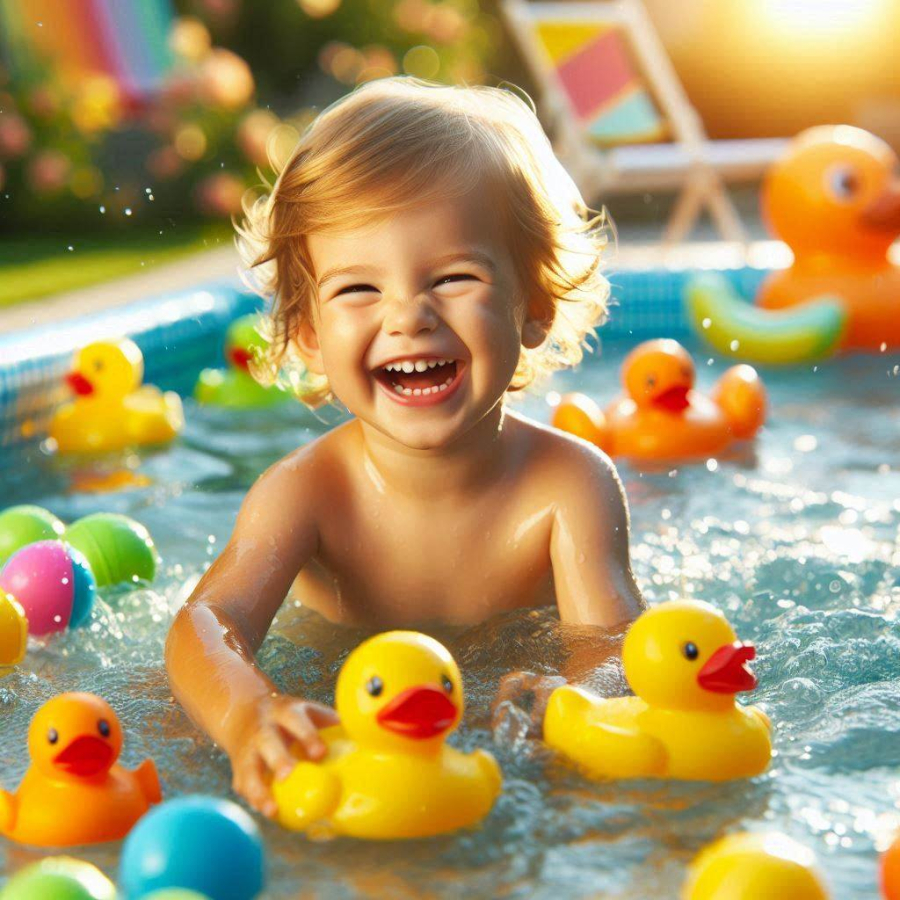The development of a child’s brain is a fascinating process, and their mischievous actions can often reflect pivotal stages in their intellectual growth.
If your child is exhibiting these three seemingly unusual behaviors, it could indicate a significant spike in their IQ. Your role as a parent is to guide and catalyze their intellectual development, helping them unlock their innate potential.
Loves Throwing Things
Children aged 1–2 years old often display a penchant for throwing objects, be they toys or food. Contrary to what may seem like defiance, this behavior is their way of exploring the world. When they throw things, they’re observing the reactions of objects and learning about gravity and sound. For instance, they realize that hard objects make a sound when they fall, while soft toys don’t.
Additionally, throwing from different positions helps them understand spatial awareness and orientation through movement. Encourage their curiosity by creating a safe environment for exploration, such as designating a soft play area for throwing. Spend time with them daily, allowing them to experiment, but also remember to protect fragile objects. Teach them about respecting their surroundings, fostering their cognitive development and awareness.

Children Aged 1–2 Years Old Often Love Throwing Things
Fascination with Water
Children are often captivated by water, eagerly jumping into puddles or streams. The period before they turn six is crucial for brain development, as they explore the world through sensory play. Water provides a rich sensory experience with its ability to flow and change shape, encouraging children to discover through touch, sight, and sound.
Instead of discouraging their interest, create a safe environment for exploration. For instance, provide rain boots and a raincoat so they can safely play in puddles during rainy days, or guide them to water plants with a hose. Additionally, bath time can be enhanced with water toys, further stimulating neural connections and promoting holistic development.

Water Offers a Sensory Experience, Encouraging Exploration Through Touch, Sight, and Sound
Prefers Eating with Hands
It’s common for young children to prefer eating with their hands, which can be messy and frustrating for parents. While some mothers might resort to spoon-feeding, this approach hinders the child’s independence. Encouraging self-feeding has numerous benefits, stimulating their senses and developing hand-eye coordination.
By touching, seeing, and tasting food, children learn about textures, softness, and hardness, refining their fine motor skills. Promoting self-feeding creates a sense of excitement and fosters their cognitive development. While this process might seem simple to adults, it’s a significant challenge for children. Parents should patiently guide them, ensuring safety and hygiene throughout their journey toward independent eating.



































